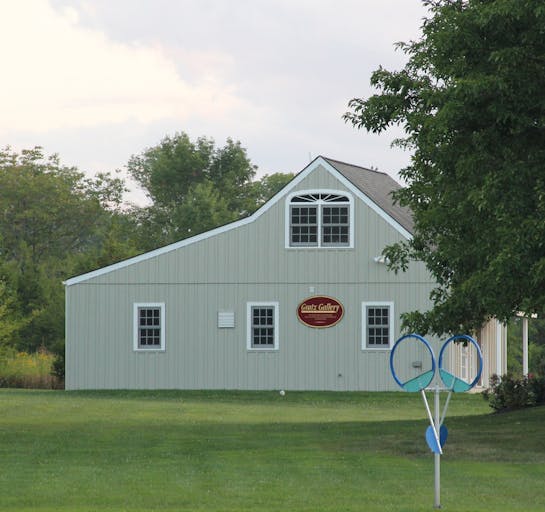Edward Moran
1829 - 1901

Edward Moran
1829 - 1901
Born in England, Edward Moran is best known for his marine paintings, and is credited with the Moran family's entry into the art world. His family immigrated to Maryland in 1844 from Lancashire, England, where his father was a hand loom weaver. Edward, who was one of twelve children, left home to work in a cotton factory in Philadelphia. He impressed his employer with the large, wall-sized, sketches he did, and was encouraged to pursue art as a career. He and his brother studied and shared a studio in Philadelphia and then both returned for a time to England. While abroad, Moran was heavily influenced by the paintings of J.M.W. Turner, which he copied and studied thoroughly.
In the mid-1850s, when Philadelphia was experiencing the peak of U.S. clipper ship production, Edward was influenced by James Hamilton, a prominent Irish-born marine painter, and also by landscapist Paul Weber. This influence is clear in his painting, New Castle on the Delaware. In turn, Edward Moran had influence on the landscape painter William Washington Girard, who went to New York City about 1900 to study with him. Edward was known for his silvery tones and loose accents of light. He developed a style based primarily upon English painting of the seventeenth and eighteenth centuries and seventeenth-century Dutch painting; his forte being seascapes. His Hints for Practical Study of Marine Painting were published in issues of Art Amateur in 1888, and reflected his expertise on the subject. Moran was also a history painter.
Edward was the father of the genre painter Percy (Edward Percy) Moran. Although Edward's more famous brother, Thomas, known as the primary artist of the final decades of Western exploration, perhaps overshadows him in the history of art, it was commonly thought that at the time of his death in 1901 Edward Moran had no superior in marine painting in America.
